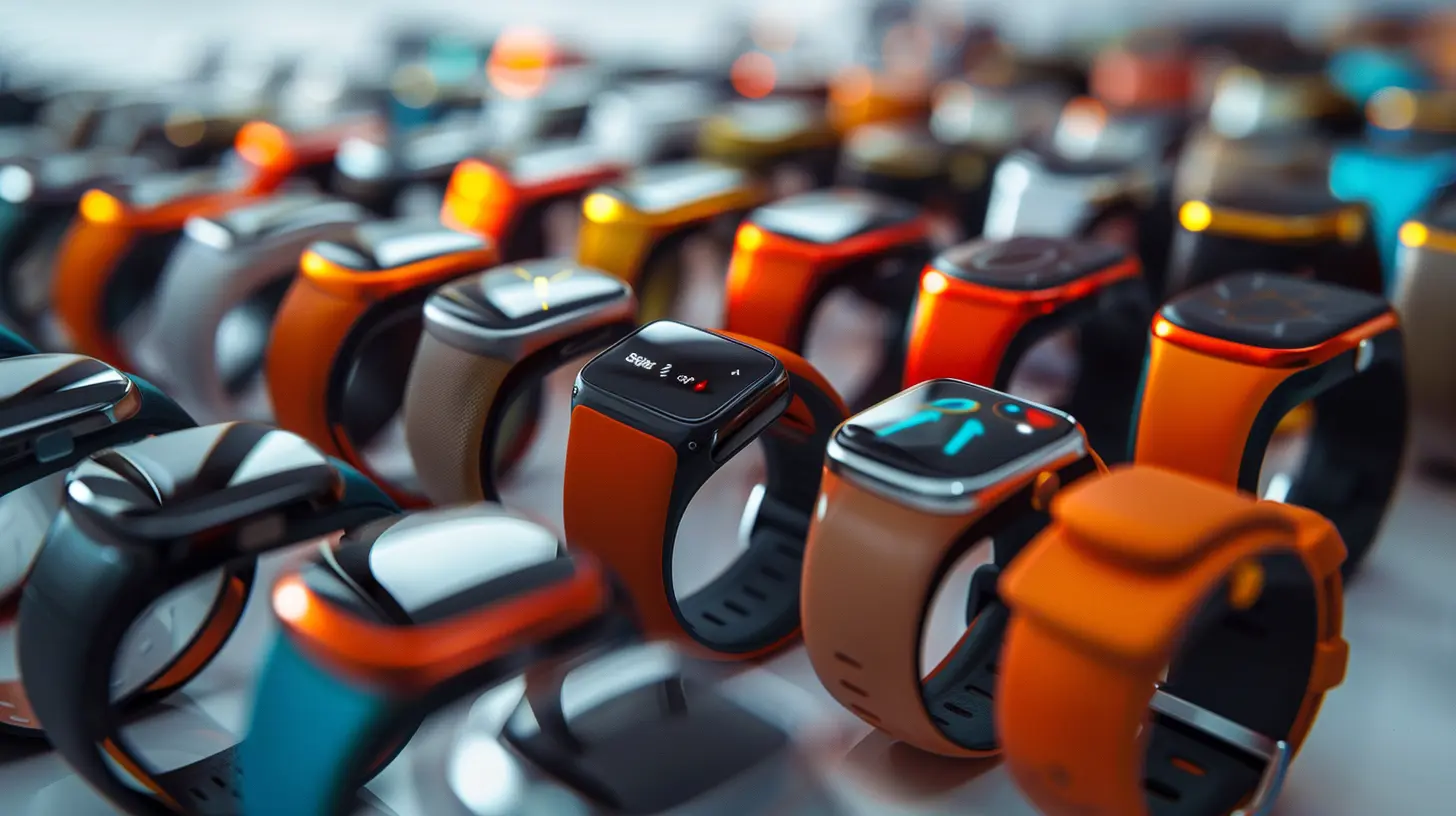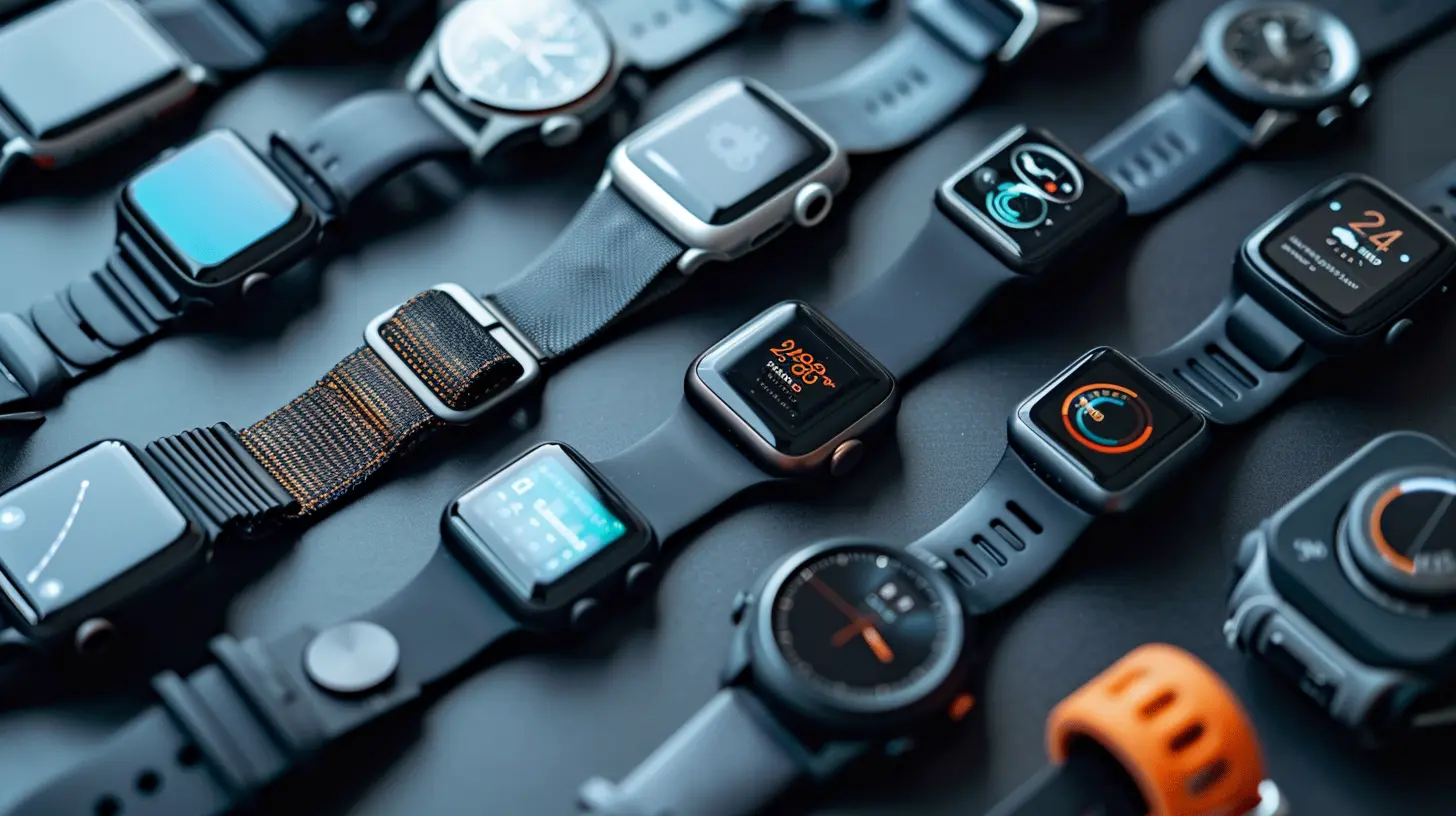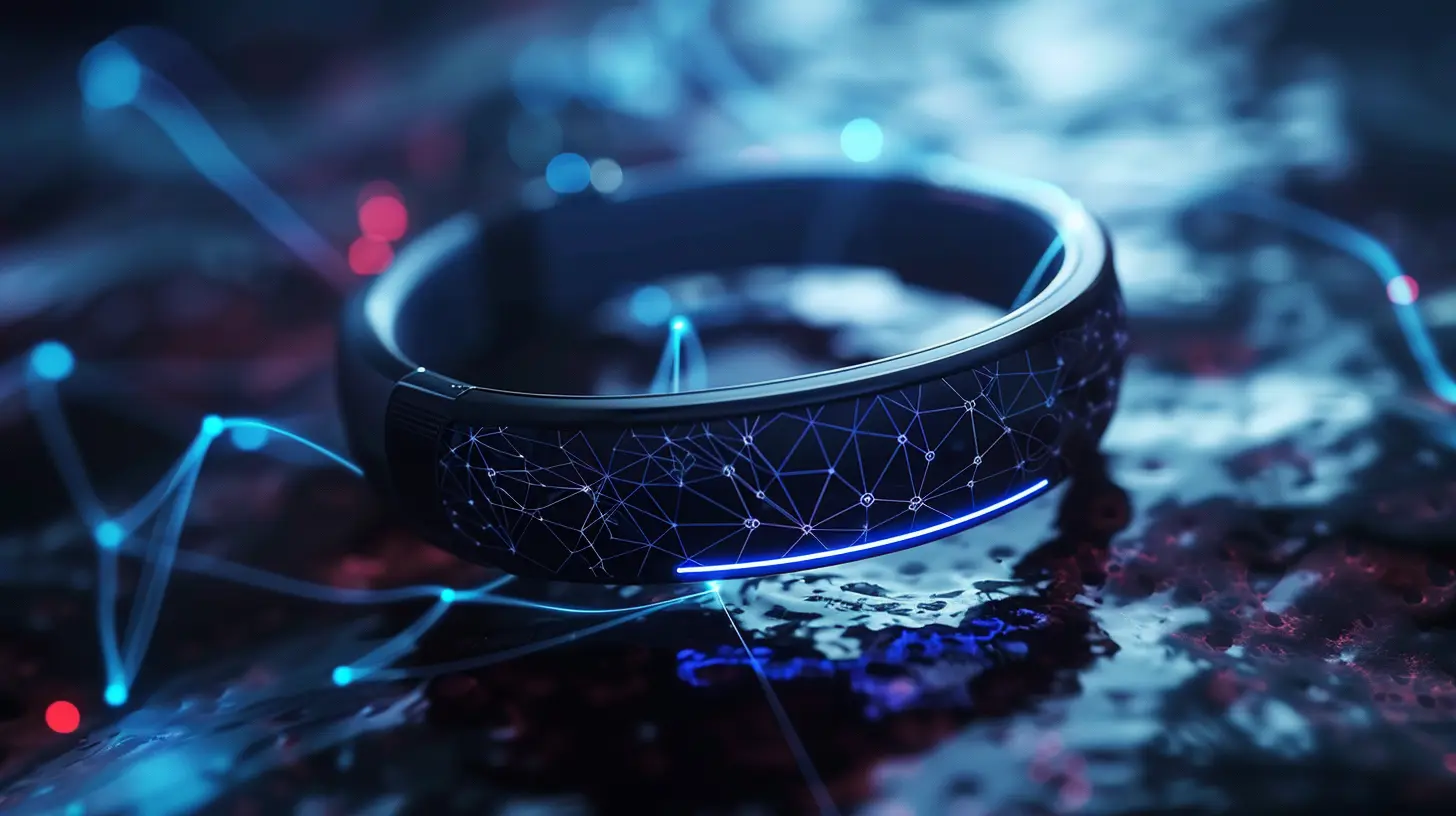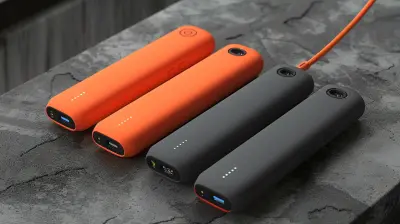The Future of Wearable Tech: How Bluetooth is Leading the Way
17 November 2025
Wearable technology has come a long way from those clunky pedometers we used to clip onto our waists. Today, we’re living in an era where smartwatches track our heartbeats, smart rings measure sleep patterns, and even smart glasses are making a comeback (yes, Google Glass walked so Apple Vision Pro could run). But have you ever wondered what’s fueling this rapid evolution?
Spoiler alert: It’s Bluetooth.
This unassuming wireless technology is quietly shaping the future of wearables in ways most of us don’t even notice. From fitness trackers to smart clothing, Bluetooth is the invisible thread weaving everything together. Let’s take a deep dive into how Bluetooth is leading the charge and what the future of wearable tech could look like.

A Quick Throwback: How Did We Get Here?
Once upon a time, Bluetooth was just a fancy way to send ringtones between flip phones. Fast forward to today, and it’s practically the backbone of modern connectivity.Bluetooth technology has undergone multiple upgrades, making it faster, more reliable, and more energy-efficient. With the introduction of Bluetooth Low Energy (BLE), wearables no longer need to guzzle battery life like a kid chugging soda. BLE ensures seamless connectivity while optimizing power consumption—an absolute game changer for devices designed to be worn 24/7.

Why Bluetooth? The Secret Sauce of Wearable Tech
So, why is Bluetooth the go-to tech for wearables? Here’s the magic recipe:1. Power Efficiency: No More Battery Anxiety
Wearable devices need to stay powered for extended periods, but nobody wants to charge their smartwatch every few hours. Traditional Bluetooth was too power-hungry, but BLE swooped in like a superhero, ensuring devices last days (or even weeks) without needing a recharge.2. Seamless Connectivity: A Smooth Operator
Ever had your wireless earbuds disconnect in the middle of a workout? Frustrating, right? Bluetooth’s latest advancements ensure smoother connections, reducing the chances of annoying dropouts. Today’s wearables sync effortlessly with smartphones, laptops, and even smart home devices.3. Miniaturization: The Rise of Tiny Tech
Bluetooth chips are getting smaller and more efficient. This means wearables aren't just limited to bulky wrist gadgets anymore. We now have Bluetooth-powered rings, glasses, and even smart tattoos (yes, that’s a thing).4. Universality: The Common Language of Gadgets
Unlike some niche technologies that only work with their brand’s ecosystem (cough Apple cough), Bluetooth is universal. No matter if you’re using an Android smartwatch with an iPhone or connecting your fitness tracker to a smart treadmill, Bluetooth bridges the gap effortlessly.
The Coolest Bluetooth-Powered Wearables Right Now
Bluetooth-powered wearables are popping up everywhere, and some of them feel straight out of a sci-fi movie. Here are a few jaw-dropping innovations:1. Smart Rings: The Next Big (Tiny) Thing
Move over, smartwatches—smart rings are gaining traction. These compact wearables can track your heart rate, sleep patterns, and even function as digital keys. Companies like Oura and Ultrahuman are leading the charge, proving that good things do come in small packages.2. Bluetooth-Enabled Smart Glasses: AR is Here
Remember when Google Glass was ahead of its time? Well, the tech is now catching up. Brands like Ray-Ban Stories (a collab with Meta) and Vuzix are reinventing smart glasses, allowing users to take calls, snap photos, and integrate augmented reality—all thanks to Bluetooth.3. Smart Clothing: Fashion Meets Function
Bluetooth-powered smart apparel is redefining what we wear. Smart jackets can control your music, temperature-regulating fabrics can adjust based on the weather, and biometric shirts can monitor your vitals during workouts. It’s like having a personal assistant stitched into your clothes!4. AI-Powered Hearables: Not Just Headphones Anymore
Wireless earbuds are no longer just for listening to music. AI-powered hearables like the Bose Frames and Nuheara IQbuds use Bluetooth to enhance conversations, reduce background noise, and even translate languages in real time. The future of communication is literally in our ears.
The Future of Bluetooth in Wearable Tech
Alright, let’s talk about what's coming next. Bluetooth technology isn’t slowing down, and the wearable tech industry is gearing up for some major leaps forward.1. Lower Latency for Real-Time Applications
With advancements in Bluetooth 5.3 and beyond, latency is getting lower—meaning real-time applications (like AR glasses and VR accessories) will be smoother than ever. No more laggy interactions or glitchy augmented reality!2. Bluetooth Mesh Networking: The “Internet of Wearables”
Imagine your smartwatch, smart shoes, and smart earbuds all communicating with each other in real-time without relying on a smartphone. Bluetooth mesh networking is creating an ecosystem where multiple devices work together seamlessly. This could revolutionize fitness tracking, health monitoring, and even personal security.3. Enhanced Security: Say Goodbye to Hacks
With wearables collecting sensitive health and personal data, security is a top concern. Bluetooth technology is continuously evolving to ensure encrypted communication, making it harder for cyber snoops to intercept your information.4. Longer Battery Life: The Holy Grail
Next-gen Bluetooth chips will be even more power-efficient, making week-long battery life on wearables a standard feature. Imagine charging your smartwatch once a month instead of every night!Is Bluetooth the Future of Everything Wearable?
At this point, it’s safe to say that Bluetooth isn’t just leading the charge in wearable tech—it is the charge. Without it, most of our modern wearables would be clunky, inefficient, or downright impractical.As Bluetooth continues to evolve, we’ll see even more seamless, powerful, and lightweight wearable devices entering the market. Whether it's biometric contact lenses, brainwave-reading headbands, or Bluetooth-powered smart tattoos, one thing’s for sure—wearable tech is only getting smarter and more connected.
And to think, it all started with sending silly ringtones between flip phones.
all images in this post were generated using AI tools
Category:
Bluetooth DevicesAuthor:

Ugo Coleman
Discussion
rate this article
1 comments
Carson Chapman
Great insights on the evolution of wearable tech! It’s fascinating to see how Bluetooth continues to drive innovation in this space. I'm particularly excited about potential advancements in health monitoring and seamless connectivity. Looking forward to seeing how these technologies evolve in our daily lives!
November 17, 2025 at 3:30 AM

Ugo Coleman
Thank you! I'm glad you found the insights valuable. The potential of Bluetooth in wearable tech, especially for health monitoring, truly is exciting!


